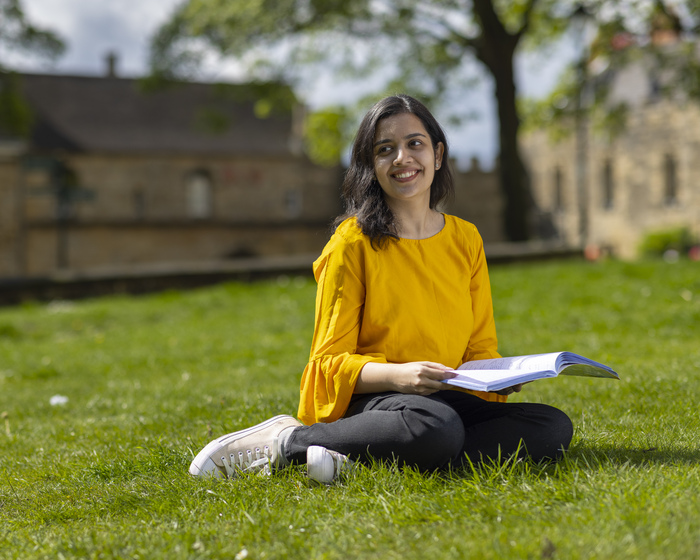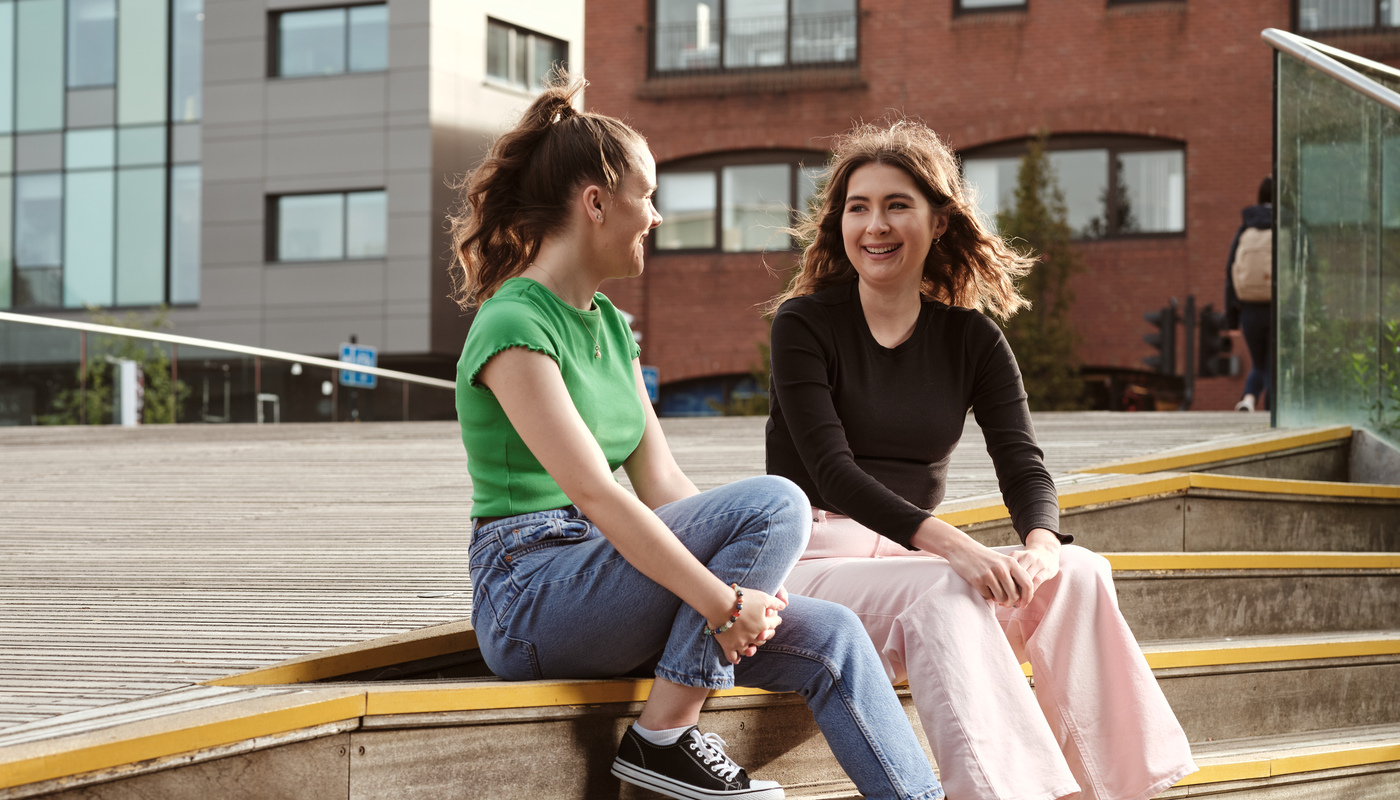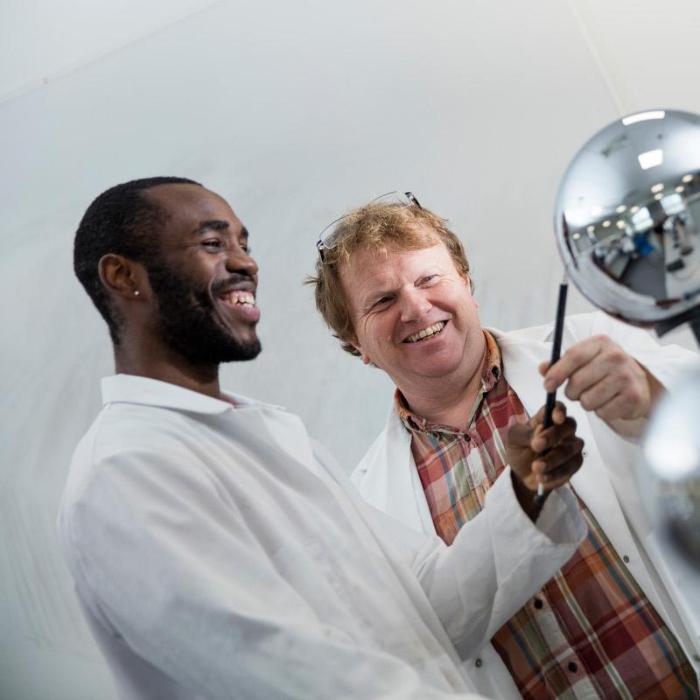Benefit from placement opportunities on many of our taught programmes
Opportunities to work alongside academic staff on research projects
Strong industry links help to inform course content and provide opportunities to hear from guest speakers
A range of exciting opportunities to study, work, and volunteer abroad

/prod01/university-of-lincoln-cdn-pxl/media/responsive2017/231018_DTX_LincolnUni_1091.jpg )














